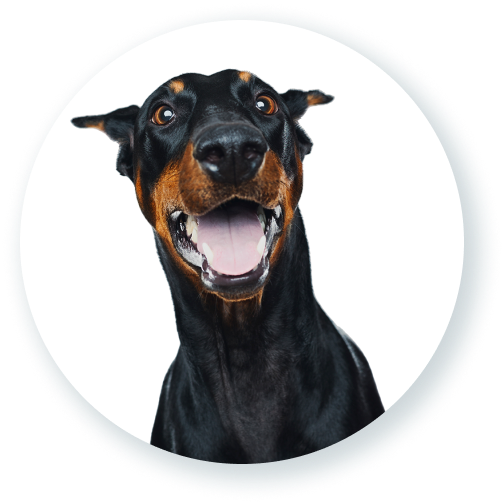We’ve rebranded
It was time for a makeover.

Top Quality Dog Food is now 
While the outward appearance of Top Quality Dog Food has evolved into our new brand, Carnos, what makes us tick hasn’t changed. We’re still on a mission to provide dog and cat owners with the best truly raw pet food, offering high-quality products that enable our pets to be the healthiest they can be. All this, at accessible price points.